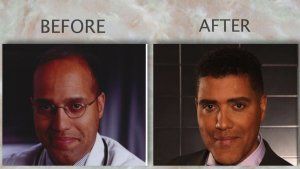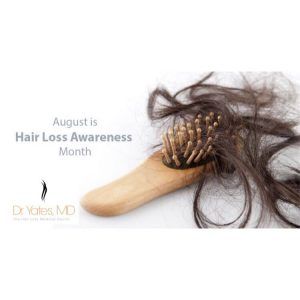Lupus, how does it affect your hair?
- By Testing Testing
- •
- 19 May, 2017
- •
Lupus, how does it affect your hair?
Lupus is a chronic inflammatory disease that occurs when your body’s immune system attacks your own tissues and organs. The inflammation caused by lupus may affect many different body systems, including your hair and skin.
Lupus attacks your immune system and healthy tissue. There is no known cause for lupus but genetics and environment can be potential triggers.
Discoid lupus is a chronic kind of lupus that directly attacks skin (including scalp). The lesions caused by discoid lupus develop as a red, inflamed patch with scaling and sometimes crusty appearance, in the scalp it causes the same combined with itchiness and flakiness.
Dealing with a lupus diagnosis can be hard and upsetting when dealing with physical appearance changes. Lupus doesn’t directly cause hair loss but the inflammation and irritation caused to skin can trigger hair loss, also the stress of dealing with lupus can cause hair thinning or loss.
Discoid lupus, is one of the top causes of alopecia but if caught and treated early, the outcome can be positive. While not two cases of lupus are the same, only a doctor can recommend what would be the best course of treatment for each patient. When treating patients we strive for:
- Hair Retention
- Improve quality of hair
- Potential regrowth
In order to retain hair, we use:
– PRP (Platelet Rich Plasma) treatment. Blood is taken from the patient and put in a centrifuge machine to separate the plasma and platelets from the red blood cells, the platelet rich plasma is then injected in the scalp (previously numbed) to allow for natural cell regeneration. PRP increases development of blood vessels, which in turn promote hair retention and in some patients growth.
– Propecia. This is recommended for male patients experiencing genetic male pattern balding.
– Laser Therapy. Low level laser light is used to stimulate hair follicles, in this process photons are irradiated into the scalp to be absorbed by weak cells, this in turn improves blood circulation and energizes the cells within the follicles which allows for the follicles to work more efficiently and effectively in producing hair.
To treat hair and scalp, Dr. Yates has a haircare line dedicated to scalp health and to help with hair health. Our Apple Cider Vinegar Clarifying Shampoo is the best course of action to detox your scalp, this helps remove build up of products and resets the PH levels of the hair. Using our Thickening Shampoo and our Thickening Serum make the hair strong and healthy.
We have a whole line of products that are dedicated to heal, detox and nourish your hair and scalp.
We also have options to potentially re-grow hair, these therapies are recommended on an individual basis after Dr. Yates assesses your scalp. The results vary patient to patient and are only performed upon carefully determining if the patient is a candidate.
– Hair Transplant. Doctor Yates uses the Follicular Unit Extraction method (FUE), this state of the art technology in hair transplantation method leaves minimal scaring and natural results.
– Scalp Micro Pigmentation. This is medical grade hairline pigmentation of the scalp where organic pigments are applied at the epidermal level of the scalp to give the illusion of real hair follicles or in some cases the illusion of hair density.
At Dr. Yates LifeStyle Med, our commitment is to give each patient the best quality of care while providing support through all the stages of lupus. While there is no known cure, there are available treatments to prevent further hair loss. We are located in Chicago and have patients traveling to us from all over the world to receive the highest standard of care. Give us a call at 312-261-0872 or visit us at http://dryateshairscience.com







